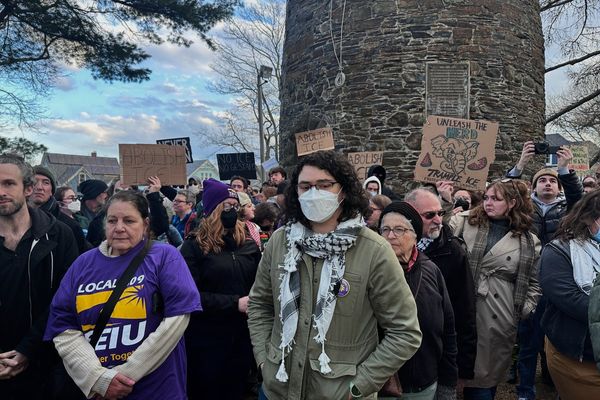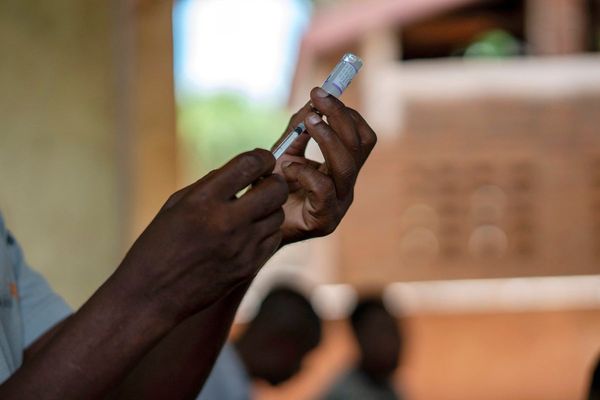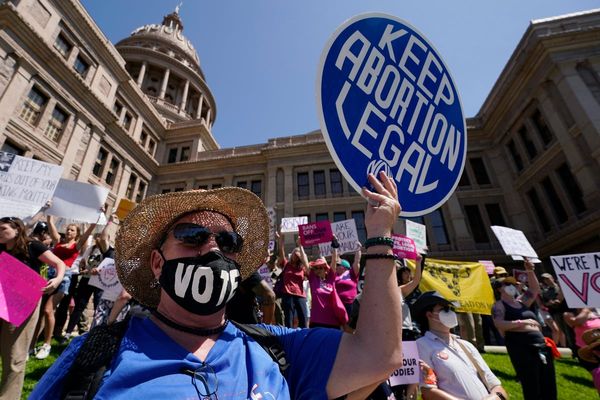RISHI Sunak was heckled and laughed at as he gave evidence at the Infected Blood Inquiry.
Despite the possibility of offering compensation to the victims of the scandal being raised in 2020, the Prime Minister gave no firm promises to families dealing with decades of suffering.
The contaminated blood scandal refers to patients being infected with HIV through blood transfusions in the 1970s and 1980s.
It is widely recognised as the worst treatment disaster in the history of the NHS but despite an inquiry starting in 2018 to examine how the scandal came to pass, many families are still no closer to knowing when they might receive compensation.
Sunak declined to give a timeframe for a compensation scheme as he said he did not want to add to a “litany of broken promises and dashed expectations”.
He recognised the scandal is not just about “historic wrongs”, accepting that every four days someone dies as a result with only an interim payments scheme established so far.
Asked by inquiry counsel Jenni Richards KC if he understood that justice delayed is justice denied, he said victims have been “let down for decades by successive governments”.
“The Government is committed and I am committed to acting as swiftly as possible,” he told the hearing in Westminster.
But the audience groaned and one person said “you don’t listen” as he was scrutinised over the delay.
One round of laughter came after he said “extensive” work across Government had been undertaken so it can act as quickly as possible, adding “that work continues at pace”.
He said the Government would wait until the conclusion of the official inquiry – expected in the autumn – before setting out further details.
Sunak was also heckled as he seemingly tried to distance himself from the delays.
Richards asked: “Over three years and still no concrete compensation framework insights and no information about what it might look like. Is that good enough?”
The audience groaned as Sunak replied: “Now, having not been at the time responsible for initiating this inquiry in 2018, 2017 when it was announced and determining its terms of reference, it’s hard for me to second guess the process that was envisaged at the time or what I would have done differently.”
He continued: “Now, of course I appreciate that people want to see action as soon as humanly possible. I can entirely sympathise with that.
“And so the sooner the better, for sure. And of course, this has been going on for decades.”
Inquiry chair Sir Brian Langstaff told those watching the evidence that there is a tradition of “respecting the witness” as he acknowledged the “evidence is emotive to many of you”.
Sunak faced questions over correspondence about preparing for the “inevitable” compensation scheme sent to him by Penny Mordaunt, then paymaster general, when he was chancellor in 2020.
The Prime Minister said officials dealt with the inquiries.
Jason Evans, the director of Factor 8, a charity for people with the blood-clotting disorder haemophilia, said Sunak had “offered neither new information nor commitments to the victims and bereaved families of the Infected Blood Scandal”.
He said: “It is with profound disappointment, dismay, and a sense of deepening sorrow that we, the Factor 8 campaign group, respond to Prime Minister Rishi Sunak's appearance at the Infected Blood Inquiry.
“Regrettably, the Prime Minister offered neither new information nor commitments to the victims and bereaved families of the infected blood scandal.”
He added: “Our hearts are heavy. His inaction feels like a betrayal, an unfulfilled promise made during his bid for leadership in July 2022.”
The Prime Minister promised last summer during the Tory leadership election he would deliver swift action on compensating the victims of the scandal.
The Infected Blood Inquiry was established in 2017 to examine how thousands of patients in the UK developed HIV and hepatitis C through contaminated blood products.
About 2,900 people have since died.
Many had haemophilia and were given injections of the US product Factor VIII.
Langstaff has said an interim compensation scheme should be widened so more people – including orphaned children and parents who lost children – can be compensated.
He said in April he was taking the unusual step of making the recommendation ahead of the publication of the full report into the scandal so that victims would not face any more delays.
Under the initial scheme, only victims themselves or bereaved partners can receive an interim payment of around £100,000.







